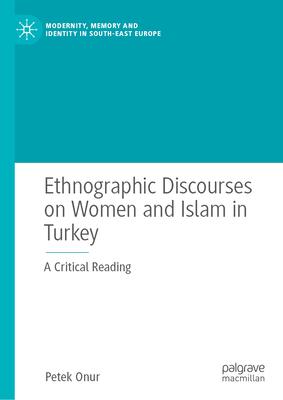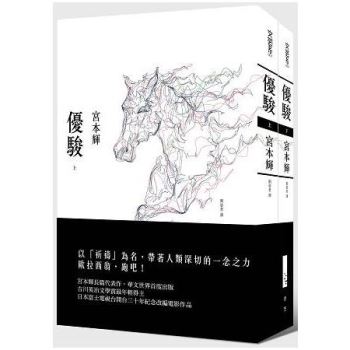This book provides a meta-reading of how ethnographic discourses on women and Islam in Turkey have changed since their emergence in 1983. It analyses the published ethnographic works in three discursive periods and shows that paradigm shifts in social sciences, processes of neo-liberal globalization and globalization of Islamism as well as political, social, cultural and economic transformations at the local level shape these periods. As an exceptional example of modernization in the Middle East and the post-imperial states in South-East Europe, Turkey has been experiencing tensions between Islamic beliefs and practices and Westernization and secularization processes. Countless aspects of Muslim women’s lives appear as symbols and indicators in this society like in many other Muslim majority societies and to scholars of gender and women’s studies in discussing the faith-based patriarchy. Thus, this book exhibits the necessity of developing a critical perspective on ethnographic representations of Muslim women in Turkey.
| FindBook |
有 1 項符合
Ethnographic Discourses on Women and Islam in Turkey: A Critical Reading的圖書 |
 |
Ethnographic Discourses on Women and Islam in Turkey: A Critical Reading 作者:Onur 出版社:Palgrave MacMillan 出版日期:2024-05-10 語言:英文 規格:精裝 / 23.5 x 15.49 cm / 普通級/ 初版 |
| 圖書館借閱 |
| 國家圖書館 | 全國圖書書目資訊網 | 國立公共資訊圖書館 | 電子書服務平台 | MetaCat 跨館整合查詢 |
| 臺北市立圖書館 | 新北市立圖書館 | 基隆市公共圖書館 | 桃園市立圖書館 | 新竹縣公共圖書館 |
| 苗栗縣立圖書館 | 臺中市立圖書館 | 彰化縣公共圖書館 | 南投縣文化局 | 雲林縣公共圖書館 |
| 嘉義縣圖書館 | 臺南市立圖書館 | 高雄市立圖書館 | 屏東縣公共圖書館 | 宜蘭縣公共圖書館 |
| 花蓮縣文化局 | 臺東縣文化處 |
|
|
圖書介紹 - 資料來源:博客來 評分:
圖書名稱:Ethnographic Discourses on Women and Islam in Turkey: A Critical Reading
內容簡介
|











